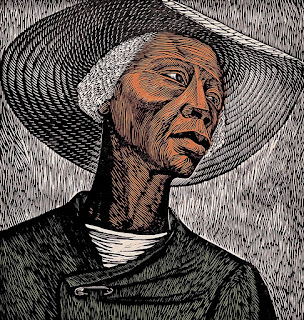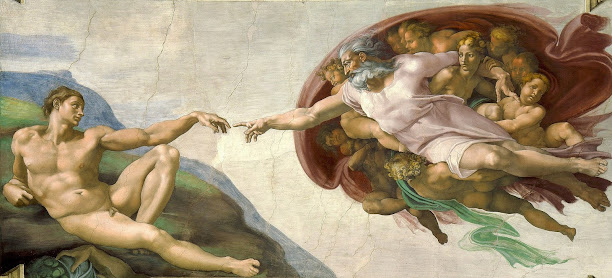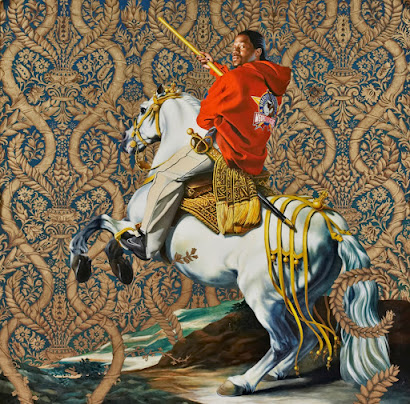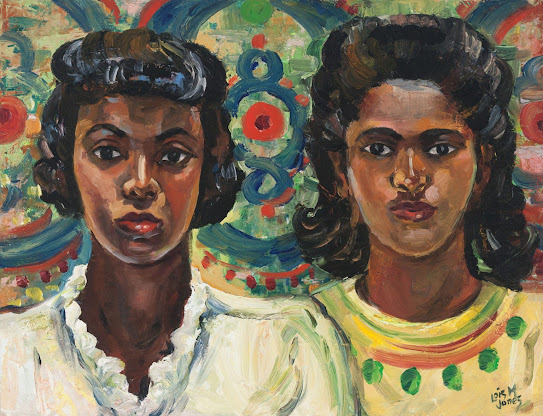The Narrator's Southern Identity
In recent chapters
of Invisible Man, the narrator has called his identity into question. As
his consciousness has developed (and since he had a lobotomy-like medical
procedure performed on him), he has begun to question who he is and the
anxieties which seemed to define his consciousness earlier in the novel. A
particular aspect of the narrator’s identity which has also been discussed in
recent chapters is that of his southern roots.
The narrator
initially seems ashamed of his southern identity. We see this most clearly in
the scene where he goes into a diner, and proudly denies the server’s
suggestion that he would like a traditional southern breakfast. The narrator
thinks to himself, “Could everyone see that I was southern?”, clearly
self-conscious about being perceived as southern, and views his ordering of an
orange juice, toast, and coffee as “an act of discipline, a sign of the change
that was coming over me and which would return me to college a more experience
man.” He then goes on to say that he “would be basically the same […] yet so
subtly changed as to intrigue those who had never been North” (178). The narrator
seems to think that having traveled North and adopting northern traits comes
with some kind of prestige, the implication being that being southern does not
come with the same kind of prestige.
However, after the
narrator begins to question his identity and unlearn some of his fears, he
seems more inclined to embrace his southern roots when, in a similar situation,
he encounters food that reminds him of his past in the south. The narrator
happily buys several baked yams, and is “overcome by an intense feeling of freedom—simply
because [he] was eating while walking along the street.” The narrator feels as
though he “no longer had to worry about who saw [him] or about what was proper”
(264). There is still the sense that there is something shameful about embracing
his southern-ness by openly eating the yams, but the narrator is less concerned
about others’ perception of him than he was earlier in the novel.
As the narrator
continues to question his identity, I wonder what role his southern roots will
play in his life. The fact that he’s southern seems to be an important part of
his character and he seems to be embracing it more and more. However, in the
prologue the narrator does not give the impression of having any identity other
than his invisibility. Additionally, having any sort of defining personal
identity feels rather like a negation of invisibility. Perhaps the important
point being made is not about the narrator’s southern identity specifically,
but rather about the fact that he is beginning to question the importance of
others’ perception of him. If that is the case, then I can see how this
development could help lead him to discover his invisibility.




The fact that one of the Brotherhood's initial requirements for his "new identity" is that he cut all ties with his family (and therefore the South in general) doesn't bode well for this "embrace" of his southern identity. When the narrator tries to explain to Jack that he identified with the old couple being evicted, Jack tells him he's mistaken (after asking if they are literally related to him). The narrator's new identity seems to have no history, northern or southern, at all--yet there's an irony in the way that he is cast as *both* southern AND northern when he tries to unload his "baggage" of racial stereotypes in chapter 15. In some ways he's both, and in some ways, now that he's "found Brotherhood," he's neither.
ReplyDelete